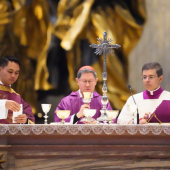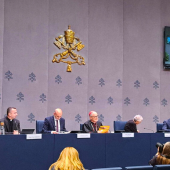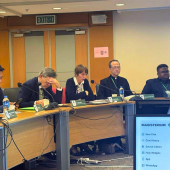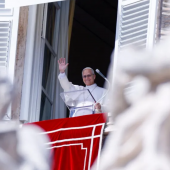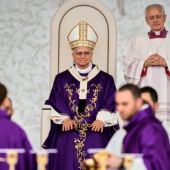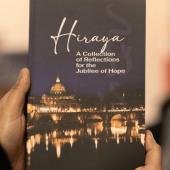Cardinals Address Vatican Finances and Church Unity
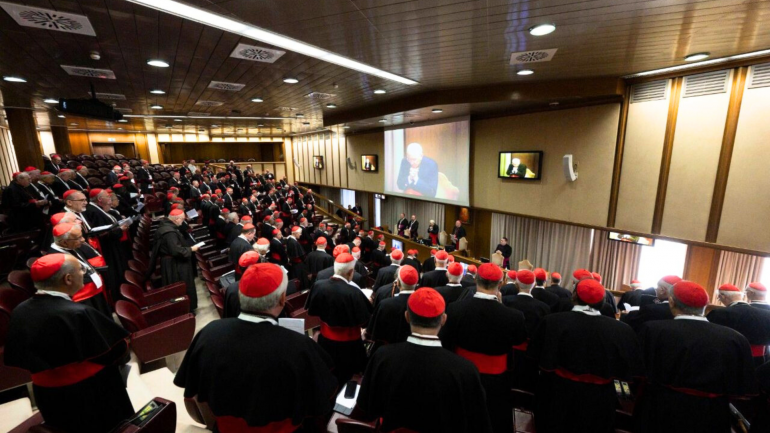
The economic and pastoral priorities of the Church were at the heart of discussions during the seventh General Congregation of Cardinals held on Wednesday, April 30, in Vatican City.
According to the Director of the Holy See Press Office, Matteo Bruni, a total of 180 Cardinals attended the session, including 124 Cardinal electors.
In the first part of the meeting, several key figures provided updates and reflections on the economic and financial status of the Holy See.
Cardinal Reinhard Marx, Coordinator of the Council for the Economy, outlined various challenges and proposals with a particular emphasis on sustainability, aiming to ensure that the Church’s economic structures continue to support ongoing reforms within the papacy.
Cardinal Christoph Schönborn, speaking in his role as President of the IOR Oversight Commission, offered insight into the financial oversight of the Vatican Bank.
Cardinal Fernando Vergez provided updates on the operations and renovation efforts within the Governorate of Vatican City State.
Cardinal Kevin Farrell and Cardinal Konrad Krajewski also contributed, with Cardinal Krajewski focusing on the work of the Dicastery for the Service of Charity.
The second half of the congregation saw interventions from 14 Cardinals who addressed a range of theological and pastoral topics.
These included the ecclesiology of the People of God, the challenges posed by polarization both within the Church and in society, and the role of synodality and episcopal collegiality as potential paths toward unity.
Other key themes included the promotion of vocations to the priesthood and religious life, evangelization, and the importance of coherence between the Gospel message and lived witness.
Several Cardinals referenced the Second Vatican Council documents Lumen Gentium and Gaudium et Spes in their reflections.
The meeting concluded at 12:30 PM with the recitation of the Regina Coeli.
Radio Veritas Asia (RVA), a media platform of the Catholic Church, aims to share Christ. RVA started in 1969 as a continental Catholic radio station to serve Asian countries in their respective local language, thus earning the tag “the Voice of Asian Christianity.” Responding to the emerging context, RVA embraced media platforms to connect with the global Asian audience via its 21 language websites and various social media platforms.









